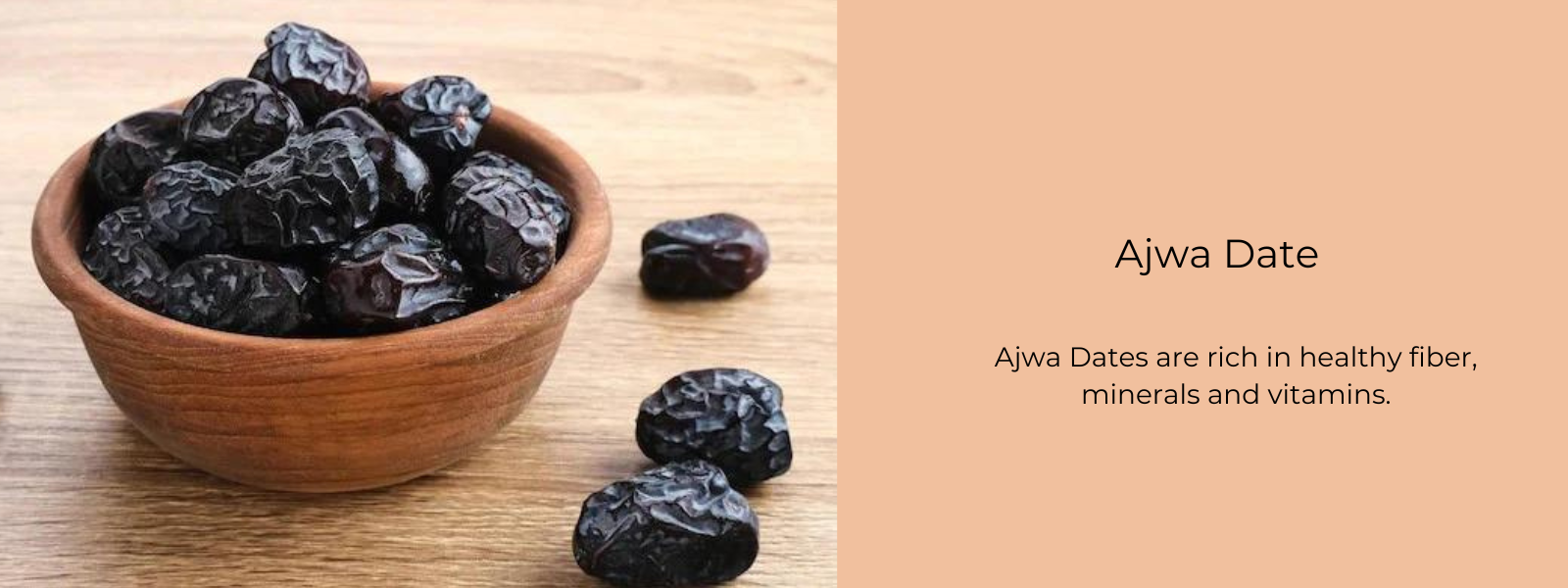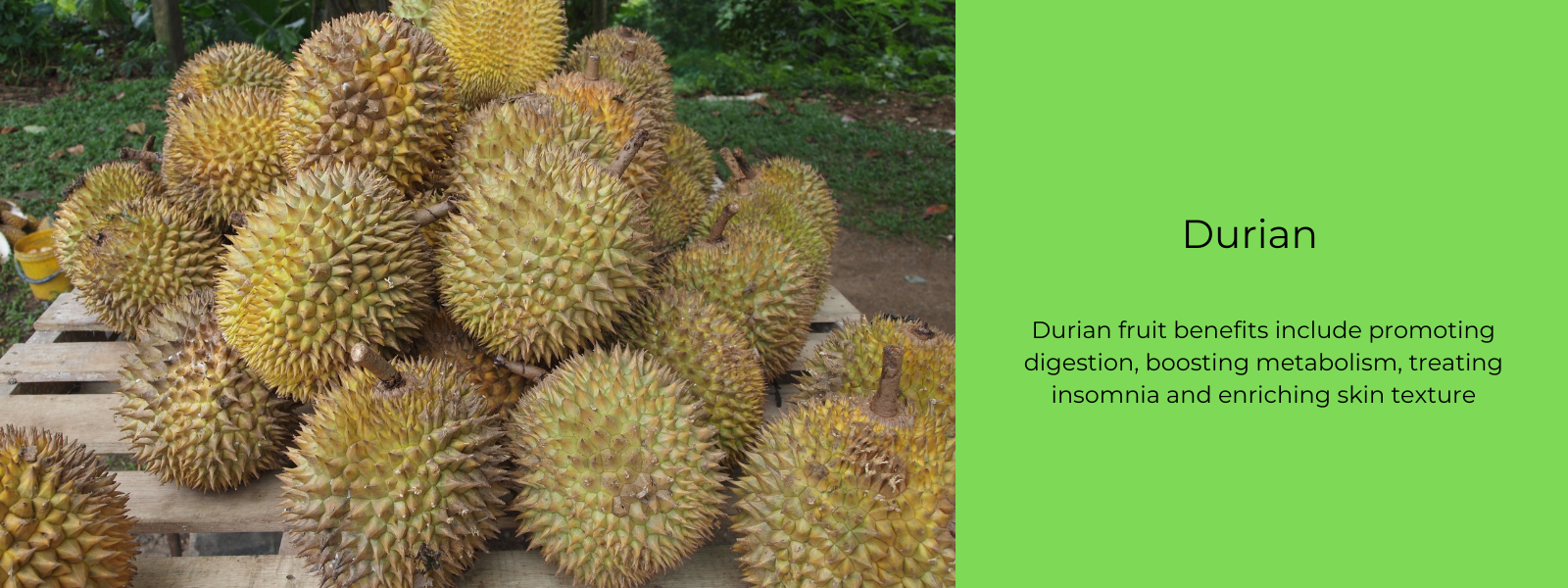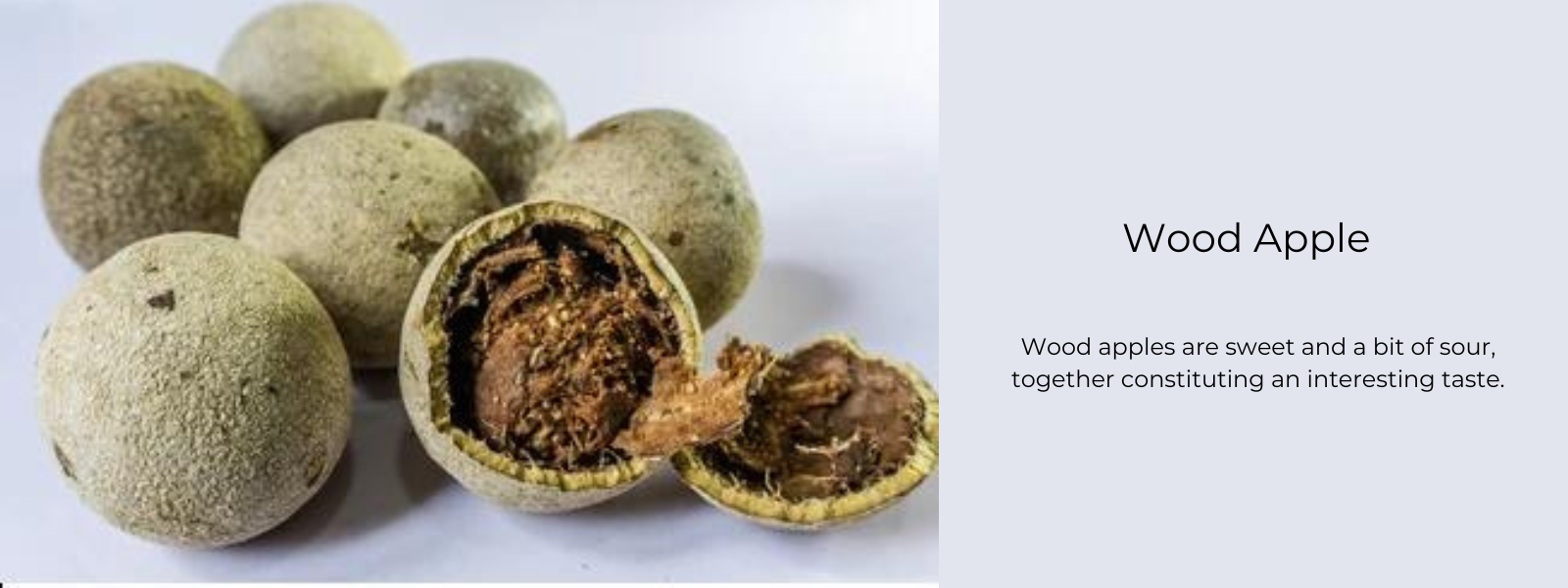Coconut is the fruit that comes from the coconut palm (Cocos nucifera). Its water, milk, oil, and tasty meat are all commonly used. Every part of this wonderful fruit is good for you, whether it's the coconut water, coconut oil, coconut shells used in crafts, or the coconut husk. Coconut is one of those fruits that not only adds important nutrients to your diet but also helps your skin, hair, and health as a whole.
Coconut trees are native to Southeast Asia and the islands between the Indian and Pacific oceans. They are thought to be the most common fruit trees on Earth.
Coconuts are now grown all over the world, and their taste, uses in cooking, and possible health benefits have made them more and more popular.
Table of Contents
What is coconut fruit?
You may wonder if a coconut really is a nut. The truth is that a coconut could be called a nut, a fruit, or a seed, depending on how you define those things. Coconuts are usually thought of as fruits in the world of cooking. They are known for giving foods a sweet, nutty, and maybe even tropical taste.
Cocos Nucifera is the scientific name for the palm tree that coconuts grow on. They may have come from India or Southeast Asia. Coconuts now grow in places with warm weather all over the world, like the Caribbean, parts of Africa, and South America.
Coconut meat is the white flesh inside a coconut that can be eaten. This is also called the "kernel." Coconut meat can be used to create coconut oil, coconut cream, coconut milk, and dried coconut. You can also eat it fresh, of course.
Nutritional value of coconut fruit:
One piece of fresh coconut meat that is 2 inches by 2 inches by half an inch and weighs 45 grams has 159 calories, 1.5 grams of protein, 6.8 grams of carbohydrates, and 15.1 grams of fat. Coconut is a great source of fibre, potassium, manganese, and selenium.
Health benefits of coconut fruit:
Improve your endurance. Medium chain fatty acids (MCFAs), a type of saturated fat that is much easier for the body to break down than animal fats, are found in large amounts in coconut meat. These fats, which are also called "medium chain triglycerides" (MCTs), have been shown to make trained athletes more able to keep going for longer.
1. Give you healthier teeth and gums
The antimicrobial properties of MCFAs are also found in coconut meat. These can help keep you from getting infections from root canals and other problems with your teeth. Even though eating coconut meat isn't a replacement for good dental hygiene, it can kill some of the bad bacteria in your mouth and keep your gums and teeth from getting infected or getting cavities.
Aid you in losing weight. If you eat coconut meat often, it might help you lose weight. The MCFAs that are often found in coconut meat are linked to burning fat.
2. Fibre Content
Coconut is high in fibre and gives you a whopping 61% of your daily fibre needs. The fibre in coconut slows down how quickly glucose is released and moves it to the cell, where it is turned into energy. It helps reduce stress on the pancreas and enzyme systems, which makes diabetes less likely to happen.
3. Boosts Immunity
The nutrition in coconut is great for the immune system. It works against viruses, fungi, bacteria, and parasites. Coconut oil can help the body build up a defence against both viruses and bacteria that can make you sick. So, can you eat uncooked coconut? Some of the worst and most persistent illnesses, like throat infections, bronchitis, urinary tract infections, tapeworms, and other illnesses caused by microbes, can be helped by eating raw coconut.
4. Increases energy
Coconut burns fat, which gives you more energy. You can use coconut to help you lose weight. The triglycerides in coconut oil increase the amount of energy you use by 5% every 24 hours. This can help you lose weight in the long run. It is also known to make you feel less hungry. This has to do with how the body breaks down fatty acids into ketones, which make you feel less hungry. People who use coconut products regularly are less likely to get low blood sugar even if they don't eat for a few hours. It also helps the thyroid work well and helps people with chronic fatigue feel better. But more research needs to be done to see if raw coconut helps you lose weight.
Skin benefits of coconut:
Makes skin radiant:
Eating coconut keeps the skin hydrated and makes it look young and soft. Take a teaspoon of uncooked, raw coconut oil and rub it into your skin. When taken by mouth, this will make the skin look better from the inside and make skin problems like rashes and irritations less likely to happen. When you eat coconut often, you get more oxygen in your skin and your blood flows better. Our cells need enough oxygen, which can only happen if the blood that carries oxygen moves around the body well. This lets the skin breathe properly and helps it stay healthy and beautiful.
Removes tanning:
You can also get rid of a tan by drinking coconut water. Mix Fuller's earth with coconut water and put it all over the skin. After 20 minutes, wash it off with cold water. Use this face pack twice a week to keep your skin from getting tanned.
Hair benefits of coconut:
When used on hair, coconut helps stop hair loss. Hair loss can be treated with both coconut water and coconut oil. Before you take a shower, massage your hair with coconut water or coconut oil to tame unruly hair and keep it from breaking. Also, this will make the hair soft, smooth, and easy to work with.
Prevents infections of the scalp
Coconut's antibacterial and antifungal properties protect the scalp from dandruff, lice, and an itchy scalp, all of which can slow the growth of hair.
Keeps hair in good shape
Coconut can also help your hair look smooth and shiny. Coconut has iron and Vitamin K, which keep the hair healthy and give it shine.











Leave a comment